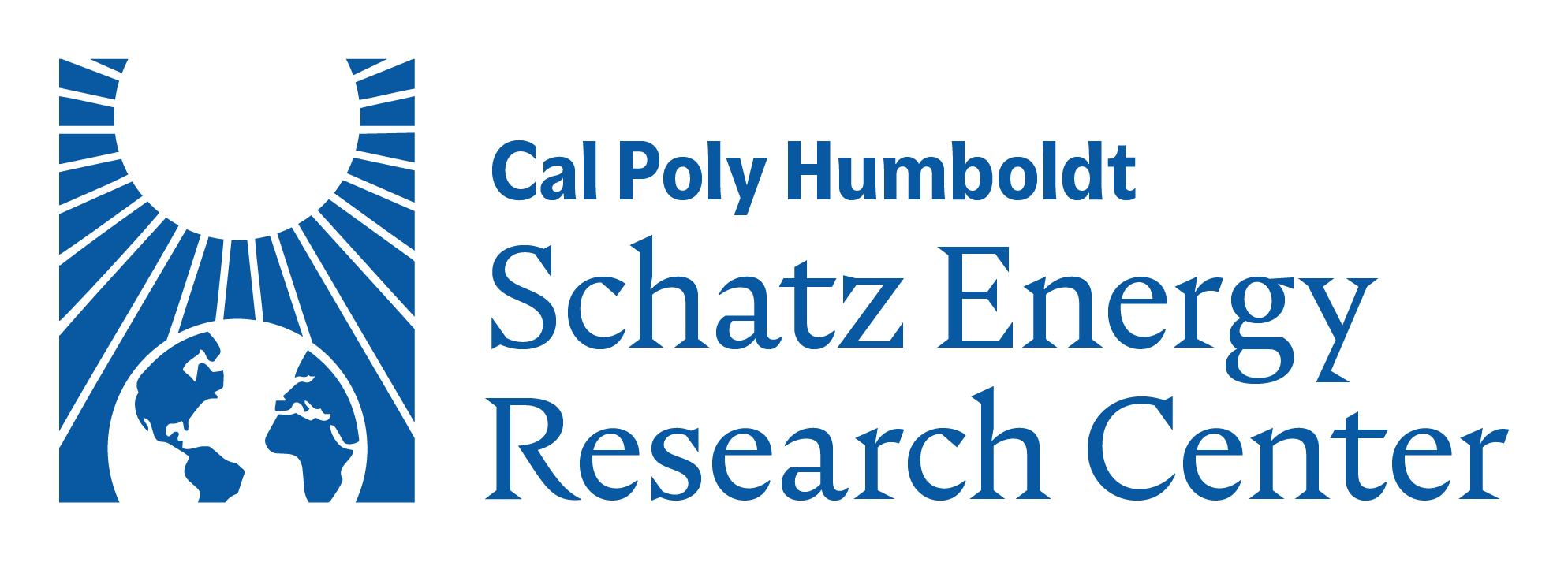Please join us in welcoming Nicholas Lam of UC Berkeley as the next presenter in the spring 2013 Sustainable Futures Speaker Series. Nick will speak on Thursday, March 7 from 5:30 to 7:00 pm in the Behavior and Sciences Building room 166 (BSS 166) on the HSU campus. The title of his talk is “Let There Be (Clean) Light: How Kerosene Lighting in Developing Countries Is Contributing to Climate Warming and the Global Disease Burden.”
Nick’s primary research interests address the relationships among household fuel use, air quality and human health. His current research focuses on measuring and modeling the contribution of household cooking and lighting in developing countries on human exposure, disease risk, and emissions of climate-altering air pollutants. He has conducted and managed numerous evaluations of cookstove performance and program impacts throughout Africa, South Asia and Latin America. This experience has allowed him the opportunity to develop curricula and training programs for local organizations and researchers on techniques for monitoring and evaluating household energy projects. He most recently served as director of the first US CDC Summer Cookstove Research Institute in Antigua, Guatemala. Prior to his efforts in household energy, he investigated the effects of air pollution on lead paint deterioration and its potential contribution to historic lead exposure in children. He is currently a doctoral student in Environmental Health Sciences at the University of California, Berkeley.
Recent research indicates that black carbon particulate emissions are the second most important contributor to global warming (carbon dioxide emissions are the first). In other words, according to the latest science black carbon’s contributions appear to be larger than methane, nitrous oxide, and a host of other greenhouse gases. Nick was the lead author on two very recent articles. One article outlined the significant global burden of disease associated with the use of kerosene lighting, while the second identified kerosene lighting is a key source of black carbon emissions. Technologies that replace kerosene lighting with cleaner alternatives therefore represent a significant opportunity to help improve health outcomes for low income people in off-grid areas while simultaneously helping to mitigate global climate change. Nick’s talk will provide insights on both the health and climate change dimensions of kerosene lighting. It should be a very interesting one, and I hope you will join us for the talk.















